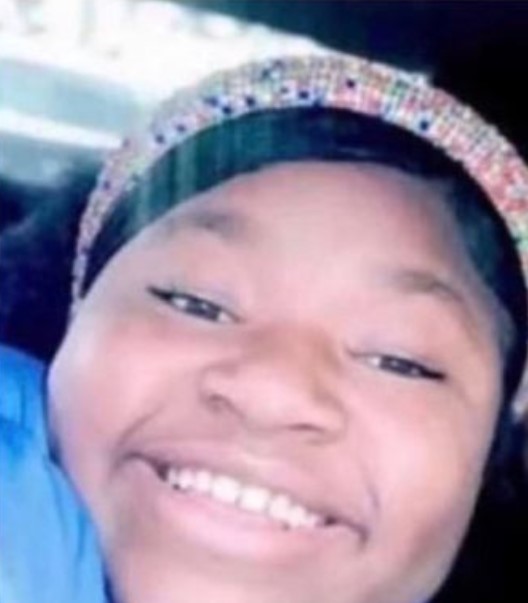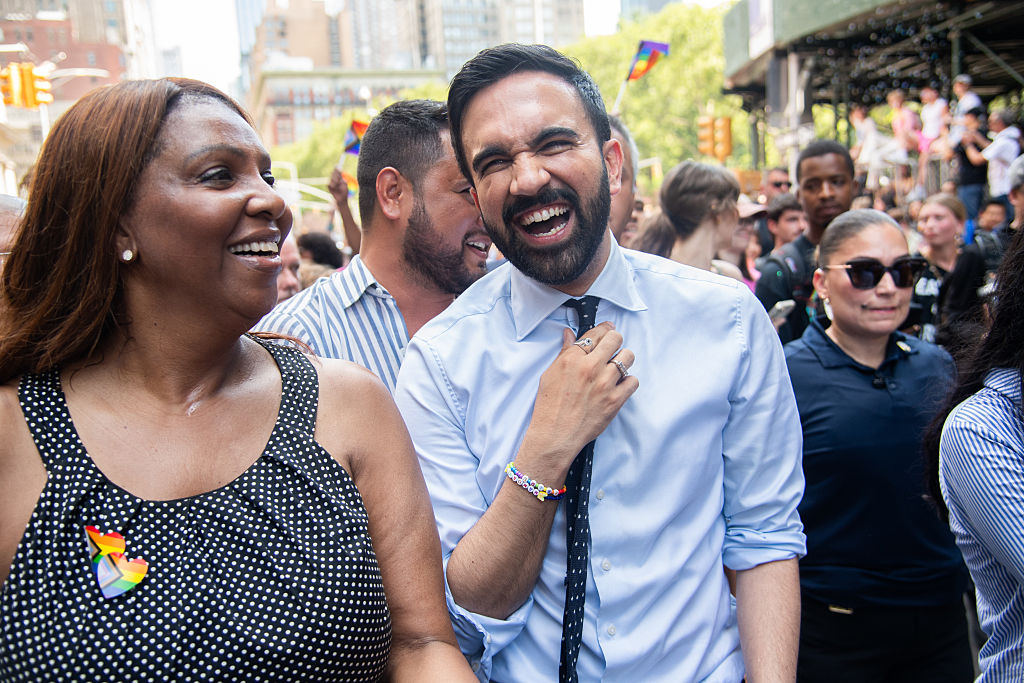Breonna Taylor: 'No-Knock' Warrants Have Deadly, Racist History
‘No-Knock’ Warrants Like The One Used To Kill Breonna Taylor Have A Deadly History Of Going Wrong
The type of search warrant used when officers from the Louisville Police Department’s botched raid that killed Breonna Taylor in March has a deadly history when they’re not executed correctly. Often times, the “no-knock” warrants that allow law enforcement to legally raid private property without warning disproportionately target Black, brown and poor people, resulting in civil rights lawsuits and in some cases prompting police departments to abandon the controversial practice.
The Louisville Courier-Journal reported that the cops who broke into Taylor’s home she shared with her boyfriend knocked first despite the nature of their warrant allowing them to skip that formality. But they may not have announced or identified themselves properly since Taylor’s boyfriend — Kenneth Walker — used his legally owned firearm to shoot at the door suspecting burglars were trying to gain entry (also known as standing his ground). Police then rushed into the home and shot Taylor and Walker, who survived the barrage of bullets. Taylor, an EMT worker who was an essential worker amid the coronavirus pandemic, did not.
However, it turned out that not only did the cops raid the wrong location, but the suspected drug dealer was also already in custody. That means that neither the police nor the judge who signed the “no-knock” warrant did their due diligence despite theoretically being well aware of the deadly consequences that botched raised with those warrants can many times result in. All of which brings the focus of the value of Black lives, who, as mentioned before, are far too often the disproportionate targets of such warrants.
In Taylor’s case, even though the actual address of the actual suspected “trap house” was 10 miles away from her home, police still arrested Walker and charged him with the attempted murder of a police officer.
Vox cited two separate but similar cases of botched no-knock warrants executed in Texas with unequal results along racial lines. In both cases, each homeowner fired their legal guns at police raiding their homes by mistake. While both men were charged with capital murder, a grand jury did not indict the white suspect while a grand jury allowed the charges to stand against the Black suspect.
No-knock warrants have their history from the war on drugs, an ineffective pretense based on racial profiling. The U.S. Supreme Court reached a unanimous decision in 1997 that drugs warrants like the one in Taylor’s case do not automatically justify the no-knock treatment, but judges continue to sign and authorize them with impunity.
There was a wave of civil rights lawsuits filed in Arkansas last year after police there were accused of lying to obtain no-knock warrants under even falser pretenses.
“All of the lawsuits contend that officers lied to judges to obtain the no-knock search warrants,” the Appeal reported in November. “In most of the cases, the lawsuits allege officers told the issuing judge that they had used a confidential informant to do a controlled buy of drugs at the home they wanted to search. According to the lawsuits, that information from the confidential informant was made up or the confidential informant was made up by the police to get permission to search the home.”
In addition to the avoidable loss of life, it’s those types of lawsuits and the aforementioned cases in Texas that probably helped convince the Houston Police Department to stop requesting no-knock warrants.
“We’ve had four officers shot, two civilians killed,” Houston Police Chief Art Acevedo said at the time about no-knock warrants. “I don’t see the value in them. So that’s probably going to go by the wayside.”
Meanwhile, back in Louisville, Mayor Greg Fischer was calling for a “thorough investigation” two months to the day that Taylor was killed in her own home by police on March 13. A pair of online petitions was also making the rounds on social media demanding justice for Taylor and Walker, which includes arresting the officers involved and charging them criminally.
SEE ALSO:
Black Conservatives Denounce Candace Owens’ After ‘Hateful’ Comments About Ahmaud Arbery
‘I Should Have Stopped Them’: Note At Ahmaud Arbery’s Death Site Raises Questions

















